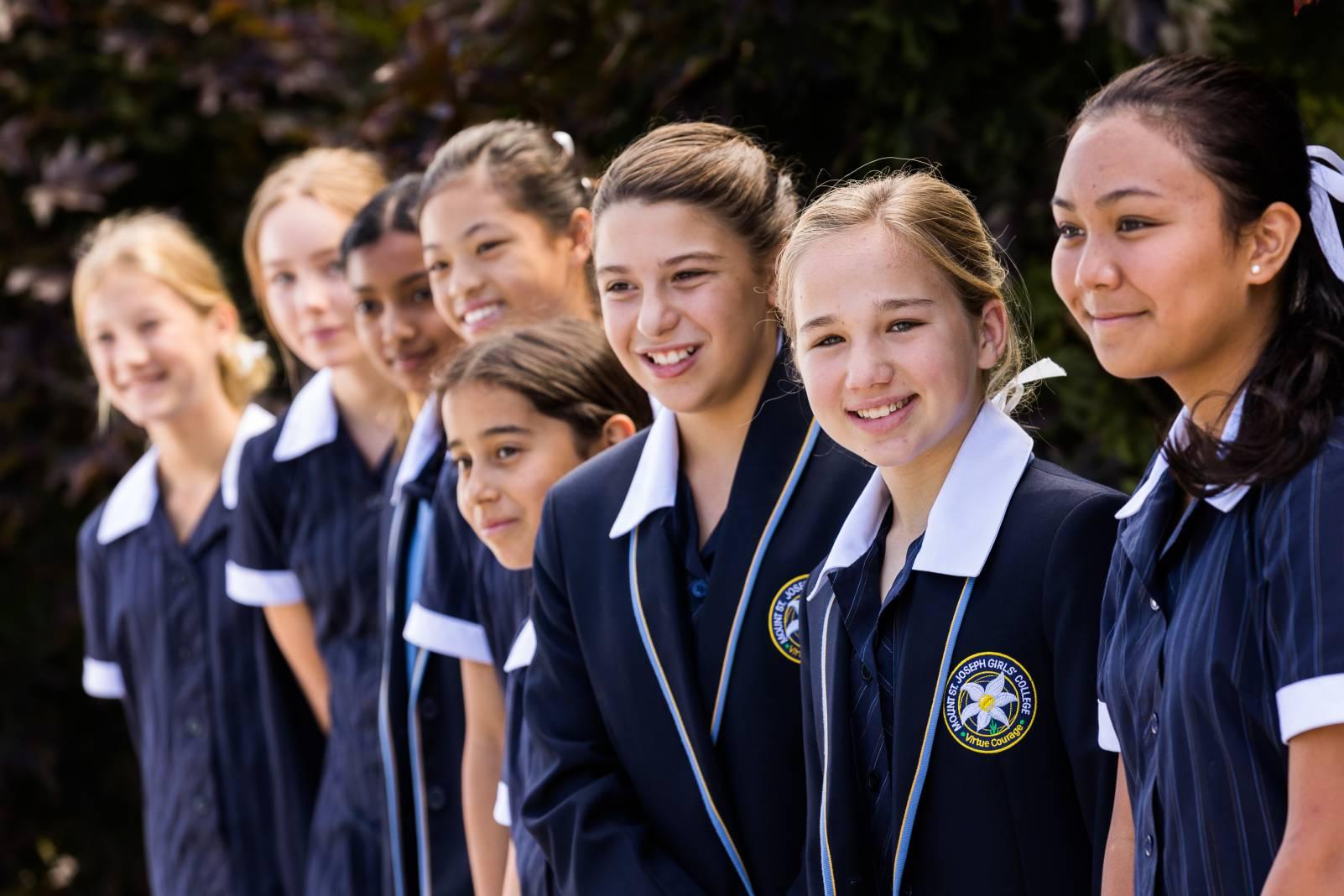As we move into Term 4, it is important to remind students that a significant part of the learning process is feedback.
All students, no matter the age, benefit from having conversations about what they have been learning. We encourage families to ask the below questions:
Remember that mistakes are a crucial part of learning and indicate that the learning is pitched at the right place. Mistakes should be recognised and celebrated to show that they are part of the learning cycle and not something to avoid.
Formative feedback is designed to help students understand what they need to do next, how learning from mistakes supports learning growth and the importance of using teacher advice to implement change and develop strong approaches to learning.
You will notice in this edition of Synergy and in previous editions that we celebrate outstanding achievements in co-curricular programs and academic achievements. At the heart of sporting and music performances is the ability for athletes, musicians and competitors to seek out feedback because they understand it is vital for improving performance. When feedback is provided, they understand that they need to do something with the advice and that this often involves persistence and commitment. With constant practice, they begin to see improvement which in turn provides motivation to achieve even greater performance over time.
In the last few weeks, we have also had Parent Student Teacher Conferences – the dialogue that we encourage between student, parent and teacher is about engaging in feedback to support progress in learning. I encourage parents and carers to open up conversations with their child about the importance of seeking feedback – not just the grade – and then using the feedback their teachers provide to improve their academic performance.
The benefits of doing so are clearly evident in the learning of music or in the sporting arena. Competitors don’t just want to know whether they won or not, they want to know how they can perform better in the future. Why would this approach not be equally applicable in how students succeed in their studies?
I believe our students have great capacity, and supportive people and structures at home and at school that work together to help them achieve. And why do we do this? Academic success leads to broaden future pathways but, most importantly, it also leads to a greater sense of achievement, wellbeing, confidence and self-fulfilment.
Joanna De Bono - Deputy Principal, Learning & Staff
For families of Years 7 and 9 students, copies of your child's NAPLAN results will be arriving via mail over the coming weeks. For some students, this may be received with a sense of achievement and pride, while for some it may not feel like a true reflection of their hard work and effort.
The language we all use with children around NAPLAN and what this means can be a powerful way of ensuring it is seen as an opportunity for growth, rather than a sole indicator of a child's learning.
Please see below a great article from The Conversation this month with some background on the purpose of NAPLAN and practical ways that you can discuss this with your child when that envelope does arrive in your letter box.
Together with our Semester reporting and Subject conferences, Canvas plays a crucial role in helping students and their families stay informed about their progress. Unlike Semester reports, Canvas provides families with up to date access to student marks, feedback and copies of completed assessment. This better allows timely conversations about success and areas of further growth.
As Canvas is our primary method for communicating assessment results, we encourage parents and carers to periodically access this information. Customising your Canvas notifications is a great way to choose what you would like to be notified about, and how frequently you would like these to arrive in your inbox. Please see the two videos below with tips on how to navigate Canvas and change your own notification settings.
If you need any support in navigating Canvas, your child is already an expert in where to locate this information, as well as our IT helpdesk who are happy to answer any technical questions. To access canvas, go to msj.instructure.com.
Managing my Canvas Notifications
Adam Gonzalez - Director of Pedagogy & Innovation





